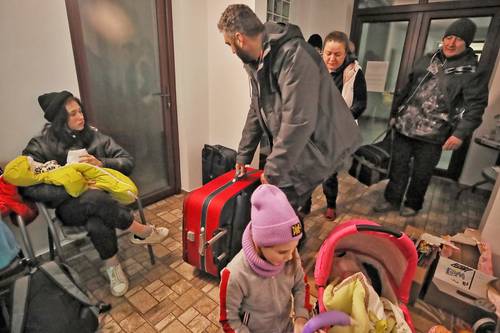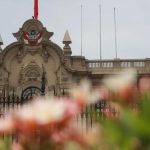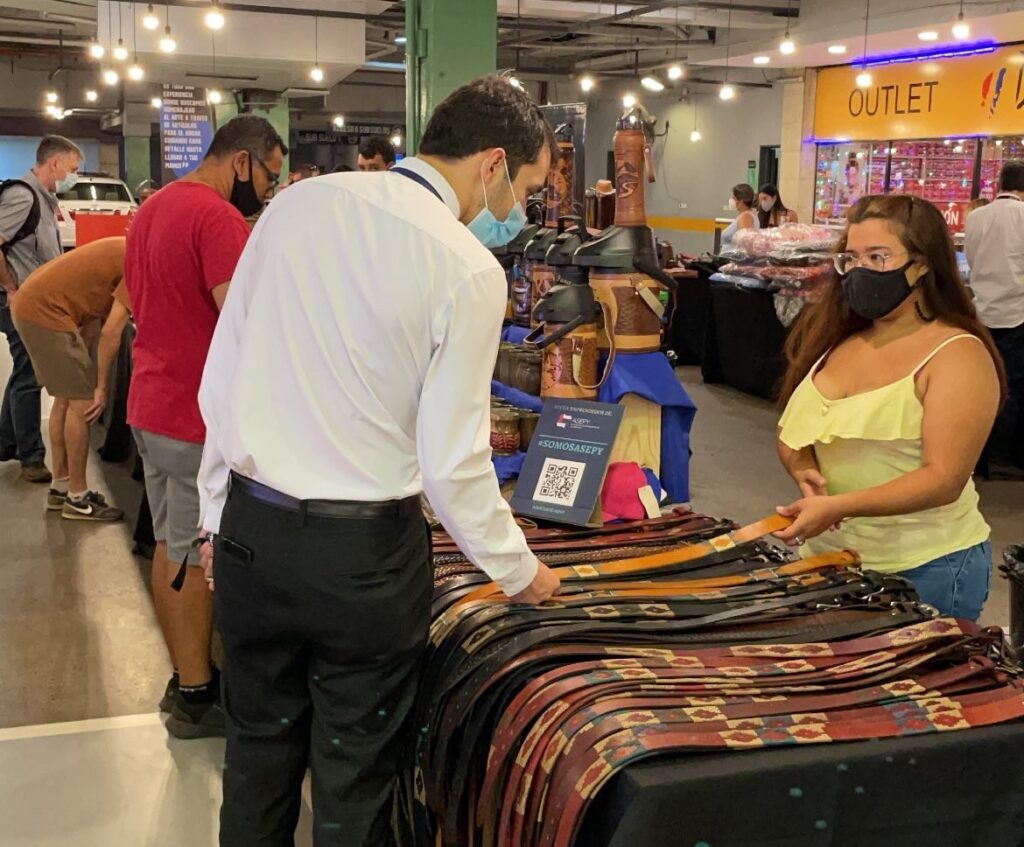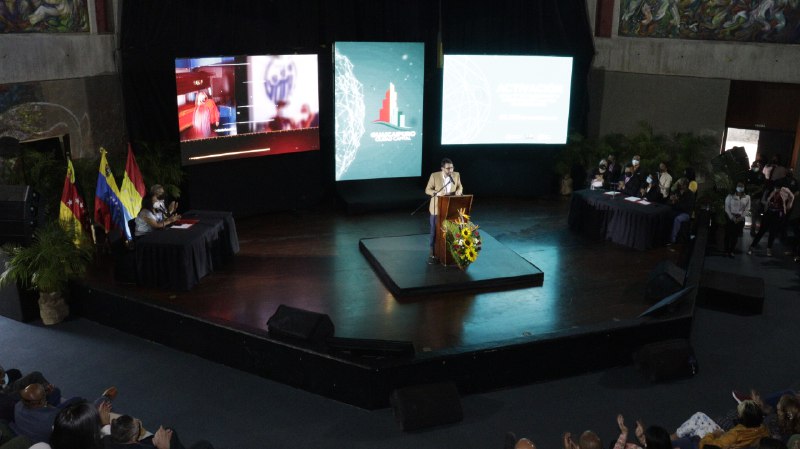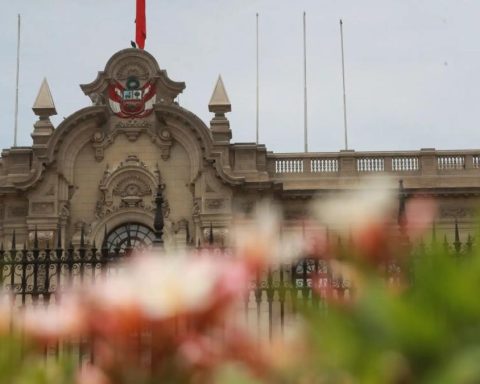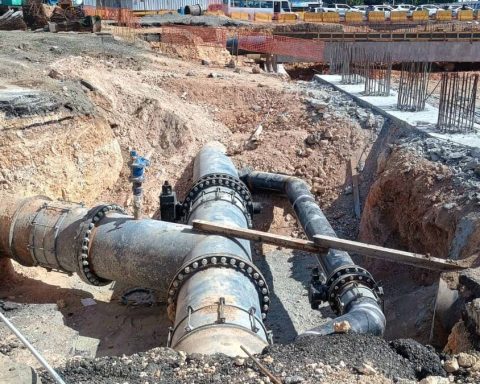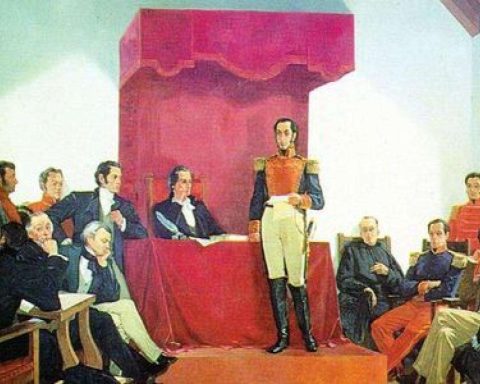▲ A girl takes care of her little brother while her relatives prepare to settle in an Orthodox Church shelter, after arriving in Romania.Photo Marco Pelaez
Emir Olivares Alonso
Sent
Newspaper La Jornada
Wednesday, March 16, 2022, p. 5
Isacea. The war has given him new obligations. From one day to the next, Anna became a premature mother. She fled with her family from the Ukraine and now, at 15, she has to collaborate with the care of the little ones: four boys and three girls, all younger than her.
The exodus leaves no alternative. In a short time, she is busy playing with the children, taking care of the three-year-old, and bottle-feeding the baby. Little by little, the war robs him of the last years of his childhood.
Anna is one more refugee of the hundreds of thousands that already add up as a result of the Russian invasion of the Slavic country. The United Nations High Commissioner for Refugees updated the figure on Tuesday and there are already 3 million 381 people who have left Ukrainian territory to escape the conflict zone.
She looks exhausted. It was a long journey from his city in the Ukraine to the Ukrainian-Romanian border. A journey that for his family was more difficult than for others, his financial resources are limited. Traveling are his mother, his aunt, a family friend, the four boys, the three girls, and Anna. They crossed into Romania at the Isaccea border crossing.
When passing the corresponding revisions in the sentry box, the family looked disconcerted. The three adults couldn’t figure out what to do or where to go. Night was about to fall and they urgently needed shelter. The size of the family was an impediment to finding him from one moment to another.
They did not want to spend the night in the tent set up a few meters from the border crossing for the temporary rest of the thousands of displaced people who daily arrive at this point, where as the hours go by the temperature drops so much that it becomes intolerable.
Two volunteers detected this confusion and promptly offered them guidance. Dressed in brightly colored vests – which identify the volunteers in the border areas who have joined the support efforts for the millions of refugees – they patiently listened to all the needs of Anna’s family. The language got in the way of understanding, but it was not a barrier to finally understand the urgency.
The three adults did not hide their desperation and Anna was infected, although she did not lose sight of any of the seven children. She had to act fast. Nelly and Romeo, the two volunteers, made the necessary arrangements in the shelters near this remote border city, where there are no taxis or constant public transport, so getting there and, above all, leaving there without a car is a real odyssey.
Finally, they found a place: a shelter installed in an Orthodox church in Niculitjel, a town about 20 kilometers from the border. They had to hurry, the little natural light was extinguished and the cold was getting worse.
Nelly and Romeo offered to take them, but they had to be divided. The mother, aunt and six children would go with him; Anna, his little sister and the family friend with Nelly. Minutes before, the volunteer had offered lift to two men. When Anna saw them, she was confused.
His eyes reflected fear and mistrust. She refused to get in the car. Nelly was trying, by signs, to convince her that everything would be fine. That they were friends. Reluctantly, the teenager took her little sister’s hand tightly and boarded.
In the church they were waiting for them with food, groceries, hygiene products and sweets for the children, who, seeing the toys arranged in a room in the shelter, ran to use them. A pedal bike, a ball and some dolls were enough to give them spontaneous smiles for moments.
Anna couldn’t afford to play. The adults engaged in a dialogue with the administrators of the place, attending to the rules and explanations. So it was up to the teenager to feed the youngest of her brothers, born just a few months ago.
In this hostel there is room for 51 people. It has rooms for four or six guests, a children’s play area, a patio and a large dining room. Those who regularly take refuge here only stay a few days and then leave, the vast majority of those fleeing the war seek to reach the West, many have relatives or friends in the European Union, who are already waiting for them.
But Anna’s family will not go in that direction. They would like it, but the money is not enough for them, they barely gathered enough to leave their country. For now, they will remain in Romania, hoping that the war will end before their resources.
The humanitarian crisis in this region of Eastern Europe has led thousands of people to enlist as volunteers. Nelly and Romeo exemplify that effort to help without expecting anything in return.
The two have collaborated in this effort in Isaccea since the first day of the war. After 18 days of conflict, Bruno already has a reading of how the exodus from Ukraine has progressed: in principle, families left who had the resources to mobilize and reach Western Europe and even cross the Atlantic, which he defines as the first wave
.
The strangulation of Russian troops over Ukraine has led others who seek to save their lives but have more economic limitations to undertake the trip, which will force them to settle in the nations that border Ukraine. The poorest will weigh on Europe and could care less
.
Nelly has become the Angel
of dozens of displaced people. All the refugees in the shelter of the Orthodox church do not limit themselves in expressing their love and gratitude to him. When the woman arrives at the dining room, an old man gets up with difficulty and makes a request in her ear. She leaves that space and when she returns she gives him two cards redeemable for food, one for him and one for his wife. The man expresses his appreciation with a smile, a hug, and a kiss on the cheek.
What is the greatest need of these people?
Nelly’s response is brief but forceful: A house. All the people who have been through here want to go home when the war is over
.
